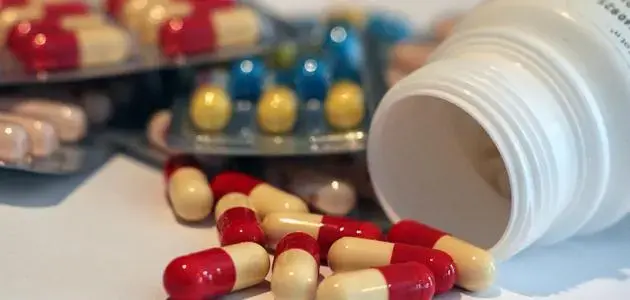Phosphorus is an essential nutrient required by the human body in small amounts through the diet. It plays a critical role in bone structure, forming about 98% of the body’s mineral content alongside calcium and magnesium. Both phosphorus and calcium are involved in numerous cellular biochemical reactions and are vital for building the human skeletal system.
As the second most abundant mineral in the body, phosphorus is present in every cell, with the majority stored in bones and teeth. It supports carbohydrate and fat metabolism, protein synthesis, tissue growth and repair, and energy production through ATP (adenosine triphosphate). Additionally, it aids kidney function, muscle contraction, normal heart rhythm, nerve signaling, and maintaining the body’s pH balance, especially when working in conjunction with B vitamins.
What Is Phosphorus Deficiency?
Hypophosphatemia refers to a condition where blood phosphorus levels drop significantly. This deficiency can be acute or chronic, though it's relatively rare due to phosphorus being present in many foods. However, it’s more commonly found among hospitalized individuals—affecting 2%–4% of general patients and up to 34% in intensive care units.
Normal blood phosphorus levels typically range from 2.4 to 4.1 mg/dL, although this range may vary depending on the laboratory. Deficiency can result from poor intestinal absorption, excessive loss through urine, or intracellular shifts. It can also stem from severe malnutrition, conditions like anorexia nervosa, severe burns, diabetic ketoacidosis, kidney disease, hyperparathyroidism, and chronic diarrhea. Some medications, such as diuretics and insulin, may also lower phosphorus levels.
Symptoms of Phosphorus Deficiency
Common signs and symptoms of phosphorus deficiency include:
- Fatigue and stress
- Exhaustion
- Anxiety disorders
- Physical pain
- Irritability
- Joint stiffness
- Depression
- Bone pain and fragility
- Loss of appetite
- Breathing difficulties
- Fluctuations in body weight
- Impaired bone and dental development in children
Treatment for Phosphorus Deficiency
Maintaining an adequate phosphorus intake through a balanced diet is the best approach. A healthcare provider can recommend specific foods to meet your needs. In cases where dietary intake is insufficient due to underlying health issues, phosphorus supplements may be prescribed. These supplements also help acidify urine or prevent calcium stone formation in the urinary tract. In more severe cases, phosphorus can be administered intravenously under medical supervision. Medications like sodium phosphate or potassium phosphate are commonly used in treatment.
Recommended Daily Intake of Phosphorus
| Age Group | Recommended Intake (mg) | Upper Limit (mg) |
|---|---|---|
| 0–6 months | 100 | — |
| 7–12 months | 275 | — |
| 1–3 years | 460 | 3000 |
| 4–8 years | 500 | 3000 |
| 9–18 years | 1250 | 4000 |
| 19–70 years | 700 | 4000 |
| 71+ years | 700 | 3000 |
| Pregnant (under 18) | 1250 | 3500 |
| Pregnant (19–50 years) | 700 | 3500 |
| Lactating (under 18) | 1250 | 4000 |
| Lactating (19–50 years) | 700 | 4000 |
Top Food Sources of Phosphorus
- Poultry (chicken and turkey): A 140g serving of roasted chicken or turkey provides around 300mg of phosphorus—about 40% of the recommended daily intake. Light meat contains slightly more phosphorus than dark meat.
- Organ meats (liver and brain): These are highly absorbable phosphorus sources. For example, 85g of fried beef brain offers about 50% of the daily requirement, while the same amount of chicken liver provides 53%.
- Seafood: Most fish and shellfish are phosphorus-rich. For instance, 85g of sardines contain approximately 411mg, covering about 59% of the recommended intake.
- Dairy products: Milk, yogurt, and cheese contribute 20–30% of phosphorus intake in typical Western diets. Non-fat dairy options often contain higher phosphorus levels—one cup of non-fat yogurt provides 306mg.
- Nuts: Most nuts are good phosphorus sources. Brazil nuts are especially rich—67g (about half a cup) provides more than two-thirds of the recommended daily intake. A 28g serving of almonds contains around 136mg.
Leave a comment
Your email address will not be published. Required fields are marked *




